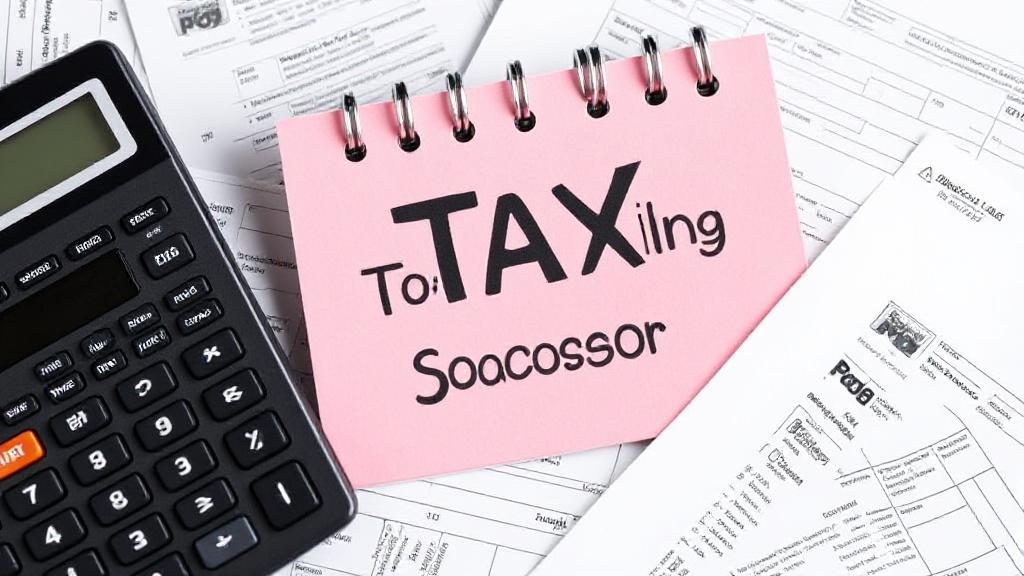Understanding the Tax Filing Season
The tax season is a critical period for individuals and businesses to file their tax returns. For the 2024 filing season (2023 tax year), the IRS has announced that tax filing will begin on January 29, 2024, with a standard filing deadline of April 15, 2024.
Key Dates and Deadlines
| Event | Date |
|---|---|
| Filing Season Starts | January 29, 2024 |
| Standard Filing Deadline | April 15, 2024 |
| Extension Deadline | October 15, 2024 |
Early Preparation Steps
While you cannot submit your return before the official start date, you can take several steps to prepare:
- Gather important tax documents (W-2s, 1099s, etc.)
- Organize receipts for deductions and credits
- Update your personal information
- Choose your filing method
- Review tax law changes
- Schedule an appointment with a tax professional if needed
Electronic Filing Options
Several filing options become available when tax season opens:
- IRS Free File
- Commercial tax preparation software
- Professional tax preparers
- IRS e-file
Benefits of Early Filing
Filing your taxes early can offer several advantages:
- Faster refunds
- More time to pay if you owe taxes
- Reduced risk of tax identity theft
- Less stress and rushing
- Protection against tax-related identity theft
Note: Some tax credits, such as the Earned Income Tax Credit (EITC) and Additional Child Tax Credit (ACTC), require the IRS to hold refunds until mid-February, regardless of when you file.
Getting Your Refund
The IRS typically issues refunds within 21 days of accepting your return. To get your refund fastest:
- File electronically
- Choose direct deposit
- Ensure your return is error-free
- Track your refund using the IRS Where's My Refund tool
Staying Informed
To stay up-to-date on the latest information about the tax season, you can:
- Visit the IRS website regularly for updates and announcements
- Follow the IRS on social media platforms, such as Twitter or Facebook
- Subscribe to tax-related newsletters or blogs, such as the Tax Foundation or Kiplinger
State Tax Returns
State tax return filing dates may differ from federal dates. Check with your state's tax agency for specific details and requirements.
Remember that while you can prepare your taxes before the official start date, being proactive about your tax filing can save you time and stress. For more detailed guidance, consider visiting the IRS Tax Season page or consulting with a tax professional.
